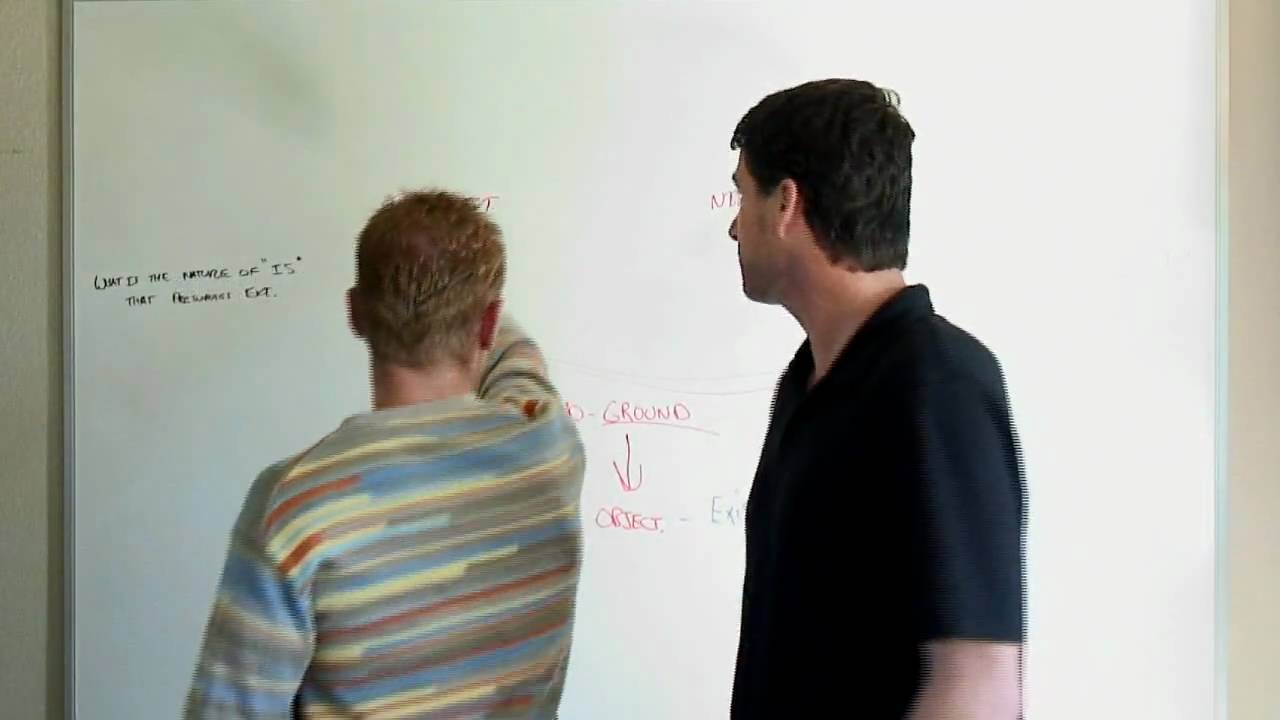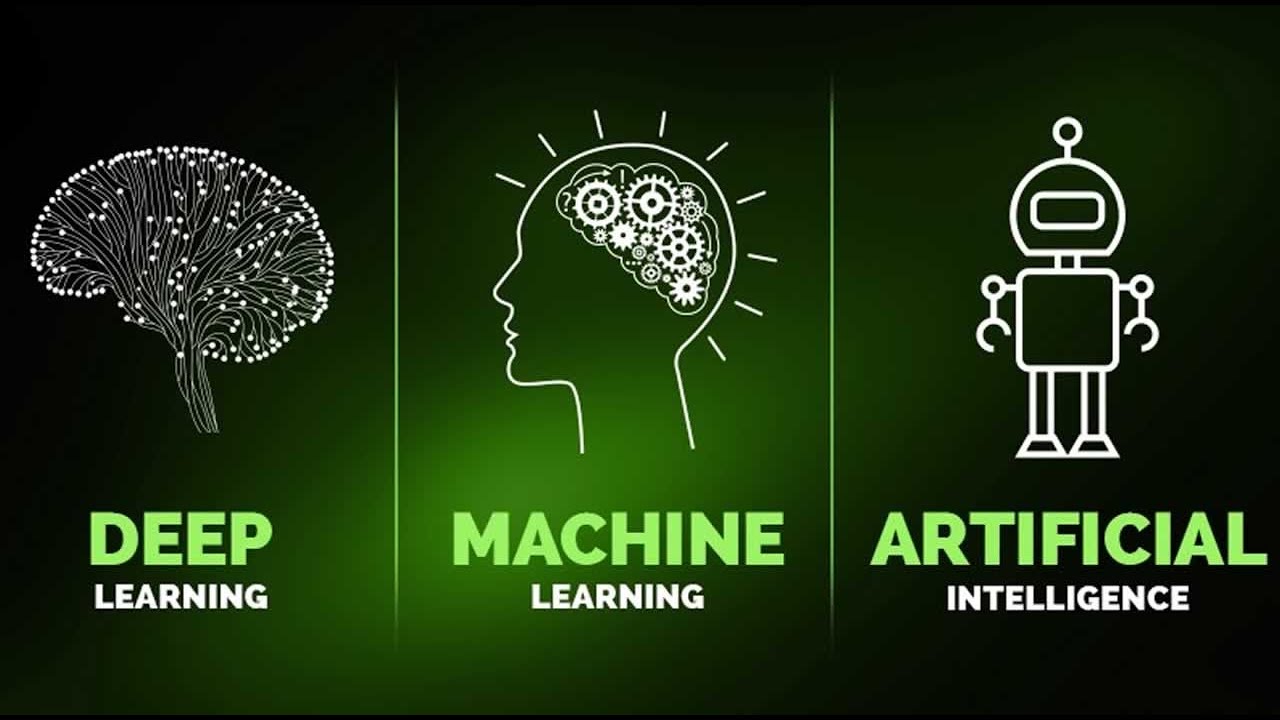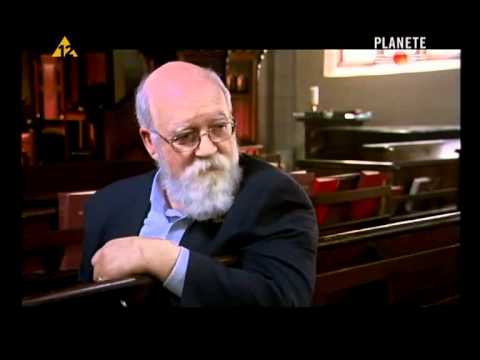GameOfThriving
Mark Michael Lewis and Guy Sengestock have a 2 hour tour de force conversation on the nature of reality, consciousness, and how transformation integrates pre-rational, rational, and trans-rational aspects of the Self for Thriving. The work of Ayn Rand, Ken Wilber, Martin Heidegger, and Fredrich Nietzsche. For more Guy and Mark, goto http://AdvancedCoachingSkills.com.
Source
Reality, Consciousness and Transformation 1: Ayn Rand Ken Wilber




The challenge with your metaphor is that I am driving quite well as I am. I can go everywhere I want. However, you are telling me that my wheels are in my trunk.
I feel comfortable that I have a more than adequate understanding of Rand's axiomatic concepts, and her concept of axioms. You think otherwise. You don't feel it necessary to show me the limitations and problems that my understanding brings.
The invitation for you is there. No worries if you don't accept.
to continue the analogy.
mechanic: it will drive better.
me: how will I notice it?
mechanic: Look, alignment is important! Sheez!
me: OK, but how? can I get an example? I don't understand. There is a point where the cost of improving alignment outweighs the benefits. How will this alignment help?
mechanic: It's your damn alignment! don't you get that?
me: I think I will work with another mechanic who is willing to justify why I should invest in the work.
Fair enough?
Philosophy is in service of Thriving. It is a tool, not an end. Or "Reason requires a reason to use it."
I am interested in traction/leverage towards Thriving. Philosophy is a lever, its accuracy is where we place the fulcrum.
My criteria for investing in learning/articulating a distinction is: "Does this distinction move the fulcrum in a way that significantly increases my power to achieve my values IN THIS CONTEXT?"
2) does precisely articulating a distinction in "this context" add to
Yes. Abstract thought is powerful/useful/critical "in general." Note: I am not asking "if" it matters, I am asking "how" it matters and "how much?"
Keep context. Life always happens "in specific." There is an infinite amount of thinking and learning to be done. One of our central choices for Thriving is where we focus our Time Energy Reputation Captial Identity (Let's Talk TERCI). Rule #6 in the Game of Thriving is Get The Best Bang For Your Buck.
So, how is it useful in specific?
I am not indifferent (does that mean I am different! 🙂 to my functioning/Thriving – it is my pinnacle value in the hierarchy. Which is why I am asking you:
How does making this distinction "clear/accurate" help?
How does your own clarity/accuracy on this issue assist you personally in your functioning?
What mistakes are predictable if it is not clear?
What power does it give me if it is clear?
That is the purpose of my work, and this video set, so please add your track to the mix!
the point is that
– existence has identity
– consciousness is identification of that identity
– so that we can act _consistent_ with that identity in service of our integrity/life/thriving
– and partner interdependently with similarity situated others
– to ingeniously create ever increasing beauty
i5
Identity – metaphysics
Identification – epistemology
Integrity – ethics
Interdependence – politics
Ingenuity – aesthetics
Rule #1 in the Game Of Thriving is:
Put Your Money On Reality.
Because existence has identity, our identifications can be more or less accurate in describing that existence, and the quality of our identification determines our capacity to thrive.
Reality always wins. Never fight _against_ reality. Never stop fighting _for_ your values by working _with_ reality.
Yes?
OK. Sure. – So let's say that you are accurate. Does it have any effect on the point we are making in the video? Either the adult is speaking/thinking about the "red balloon", or the infant is sensing a "red frequency visual stimulus" or perceiving a "red object" and gesturing towards it in some way that constitutes "communication" – presupposing existence and consciousness. Yes?
Again, does your point affect the ideas in the video? Is there something else you want to say?
I don't see the importance of making that distinction to my point. Let's say I meant "of something existing" or I meant "of existence" – is there a logical consequence to that difference that makes a difference?
You obviously have something to add to the conversation, please just add it.
What is your concern?
Yes. I did. I will try, but I don't have much to add!
To speak about existence implies that a consciousness has an idea about that existence, which implies that there is a consciousness that is perceiving it. The fact of communication, language, statements…these all presuppose a consciousness that understands and articulates that understanding. At the bottom of every thought and statement is the axiom that existence exists and consciousness is conscious of that existence.
Hope that helps
Hmmm. if you know enough to critique my articulation of Rand…I"m not sure what more you want.
Precise: "To speak of something "existing" presupposes a consciousness that perceives it."
Busted! I meant to say: "To speak of something "existing" presupposes a consciousness that perceives it."
And, I do not parrot Ayn Rand chapter and verse. I integrate her unparalleled insights (metaphysics: reality; epistemology: rationality; ethics: responsibility; politics: respect) into a system that BOTH enriches AND is enriched by the other systems described in my youtube profile. In service of this integration, I articulate her ideas in novel ways, and sometimes make mistakes! 🙂 Oops!
awesome.. great you guys! like oxygen to the mind…
p.s.
nice landmark reference lol